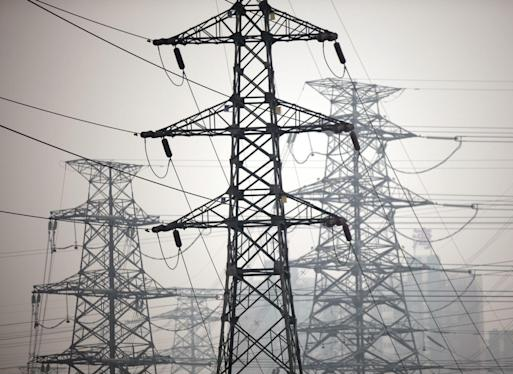Power cuts are affecting homes and businesses in northeast China.
中国东北地区的家庭和企业正受到“停电限电”的影响。
The country's energy supply is tightening as winter approaches, factories have been forced to slow down or close.
随着冬季的临近,我国能源供应正在收紧,工厂被迫放缓工作进度,或是关闭。
The problem has impacted suppliers from major international brands like Apple and Tesla.
这个问题已经对苹果和特斯拉等国际品牌的供应商产生了影响。
Wu Bin explains what led to the shortage.
下面是吴斌对造成此次停电限电的原因进行的解释。
Overseas demand has rebounded, and Chinese companies are struggling to keep up.
海外需求在强势反弹,中国企业正在努力满足需求。
In the major export hub Zhejiang, power cuts have left the production lines idle.
在主要出口枢纽浙江,停电导致了生产线的闲置。
High coal prices are making it unprofitable to operate.
煤价高企使运营变得无利可图。
The cost has tripled compared with 2019, we cannot finish the overseas orders, and we have to shut down if we don't raise the price.
目前我们投入的成本是2019年的三倍,我们无法完成海外的订单,如果不提高价格,我们就只能停工了。

Similar stories are being told in Guangdong, the province with biggest economy.
在经济体量最大的广东省,类似的情况也在上演。
But some companies view reduced inventories differently.
但一些企业对库存减少持不同看法。
The cost has increased by four times since last year.
自去年以来,成本增加了四倍。
I think power rationing will be helpful in the long run,
我认为从长远来看,拉闸限电是有帮助的,
because when we stop operation, the cost of raw materials would stop soaring.
因为当我们停工停产时,原材料的成本也就不会继续飙升了。
A string of factors are at play, prices for raw materials and transport are rising globally,
造成这一现状的原因有很多,比如全球原材料价格和运输价格都在上涨,
and the summer drought has meant fewer sources for clean energy generation.
夏季干旱使得清洁能源发电的来源有所减少。
The big question now is whether the shortage is byproduct of the pandemic, or something that will persist for a long time.
现在最大的疑问是,这种停电限电的情况,究竟是全球疫情带来的副作用,还是会在未来持续发生从而成为一种常态。
For now at least, local authorities in the northeastern province of Jilin, have promised a sufficient heating supply for the upcoming winter.
至少就目前而言,东北吉林省的地方政府已经承诺,在即将到来的冬天,一定会保障充足的供暖。



